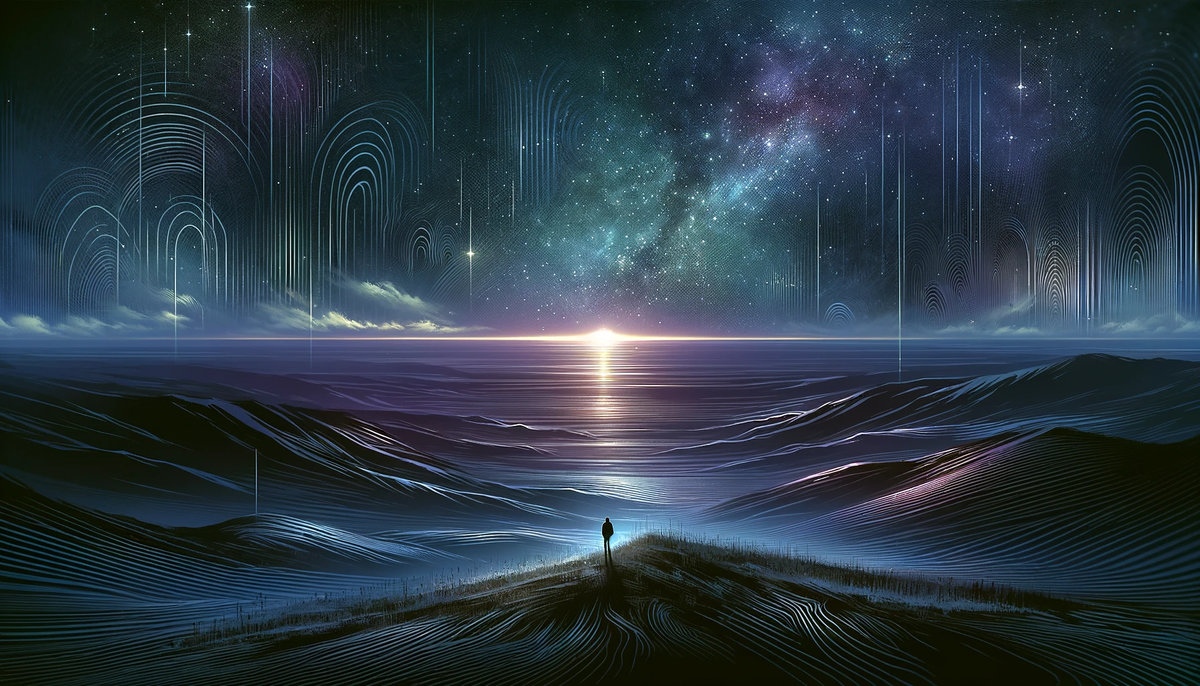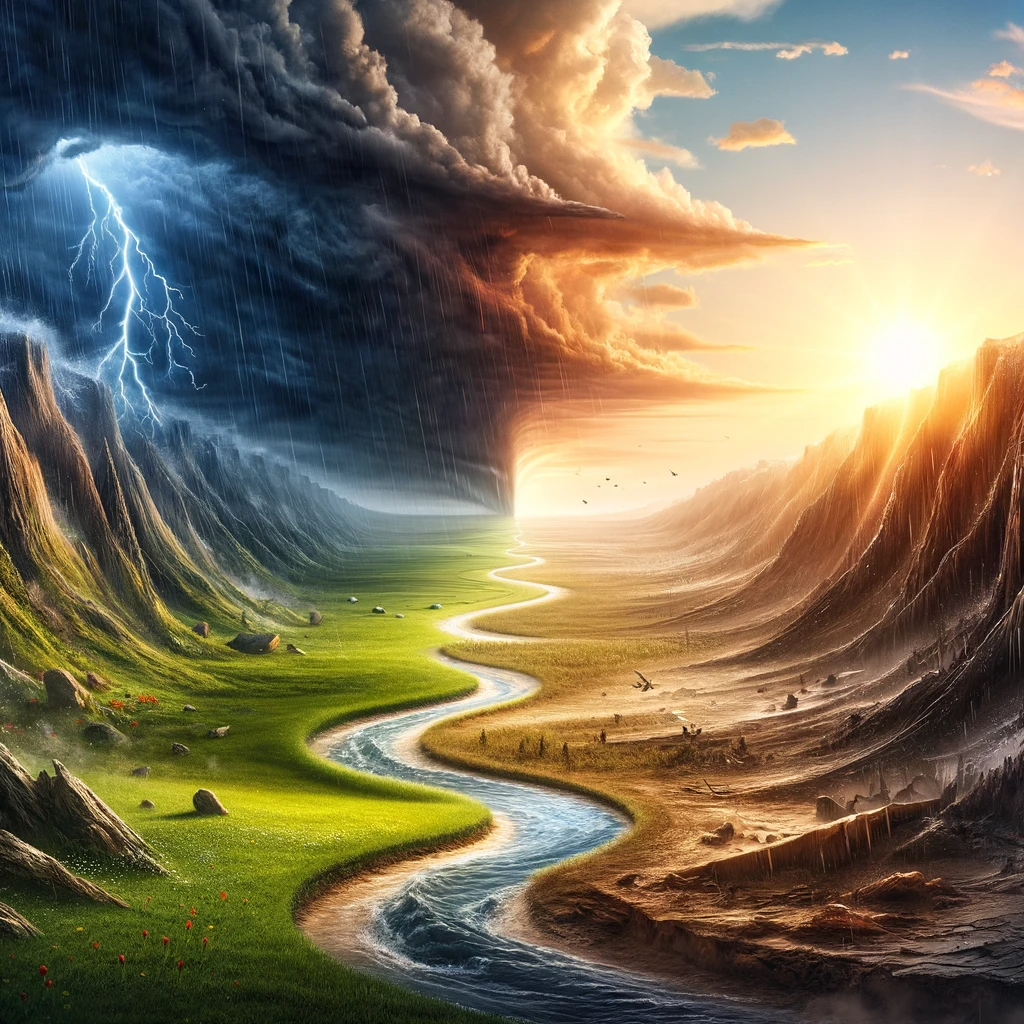Echoes in the Void: The Lonely Truth of Personal Experience

In the silent hours of introspection, we often grapple with a poignant realization: our life's journey, marked by myriad decisions and diverging paths, is ours alone to traverse. This realization breeds a peculiar form of loneliness, stemming from the belief that our experiences are so uniquely ours that they are beyond the grasp of others. This narrative explores this complex tapestry of human experience, probing the depths of empathy, understanding, and the inherent solitude of our personal journeys.
The Labyrinth of Personal Experience
Life is a mosaic of decisions, each leading us down distinct paths replete with their own experiences and challenges. These paths are not just routes through time and space, but intricate narratives of our choices, triumphs, and struggles. In these narratives, we often encounter loneliness, not because we are physically alone, but because we feel our experiences are so uniquely ours that they cannot be fully understood by others. This sensation is akin to shouting into a void, where our echoes return to us, unacknowledged and uncomprehended.
The Quest for Empathy
Our longing for empathy stems from a deep-seated desire to be understood, to have our internal narratives acknowledged by others. But does understanding necessitate experiencing? Take, for instance, Albert Einstein's Theory of Relativity. Does one need to tread the same path as Einstein to grasp its nuances? Similarly, if someone walks a path similar to ours but outshines us, does it alter our need for empathy or our perception of their achievement? These questions highlight the complexity of empathy – it is as much about understanding others as it is about how we perceive their understanding of us.
The Paradox of Human Connection
The irony of our quest for connection lies in its potential to isolate us further. When we fixate on the idea that no one can understand us unless they've lived our experiences, we inadvertently create barriers. This mindset can lead us to push away those trying to empathize with us, reinforcing our solitude. The desire to be understood, ironically, can lead to a deeper sense of misunderstanding and isolation.
Emotions and Human Understanding
Emotions are the language of our internal world, yet they often defy complete translation into the external world. This disconnect raises a fundamental question: why do emotions exist if they often lead to misinterpretation or misunderstanding? Perhaps their true purpose is not in absolute comprehension by others but in the richness they add to our personal narrative and the partial understanding they allow. Emotions, in their complexity, contribute to our humanity, painting our experiences with shades that are both deeply personal and universally relatable.
The Collective Tapestry of Experiences
The beauty of human experience lies in its diversity. Our individual paths, with their unique experiences, converge to form a rich tapestry of collective understanding. This diversity does not diminish our shared humanity but rather enhances it. When we come together, with all our varied experiences and perspectives, we create a more empathetic, understanding world. Our differences, rather than driving us apart, have the potential to draw us closer in the shared endeavor of making sense of our complex world.
The Dilemma of Consciousness
Our consciousness is both a blessing and a curse. It enables us to reflect, understand, and empathize, but it also leads us to overthink and misinterpret. In our quest for understanding, we sometimes lose sight of the fact that empathy does not require complete agreement or shared experience. It simply requires an open heart and an open mind – the willingness to accept that while our experiences are uniquely our own, the emotions and thoughts they evoke have echoes in the experiences of others.
In the end, our journeys, though solitary, are not isolated. They are part of the vast, intricate web of human experience. While we may never fully understand another's path, nor they ours, there is beauty and comfort in the attempt. Empathy, in its imperfect form, is the bridge across the void of our experiences. It is in this attempt to understand and be understood that we find our shared humanity, turning the echoes in the void into harmonies of collective existence.



